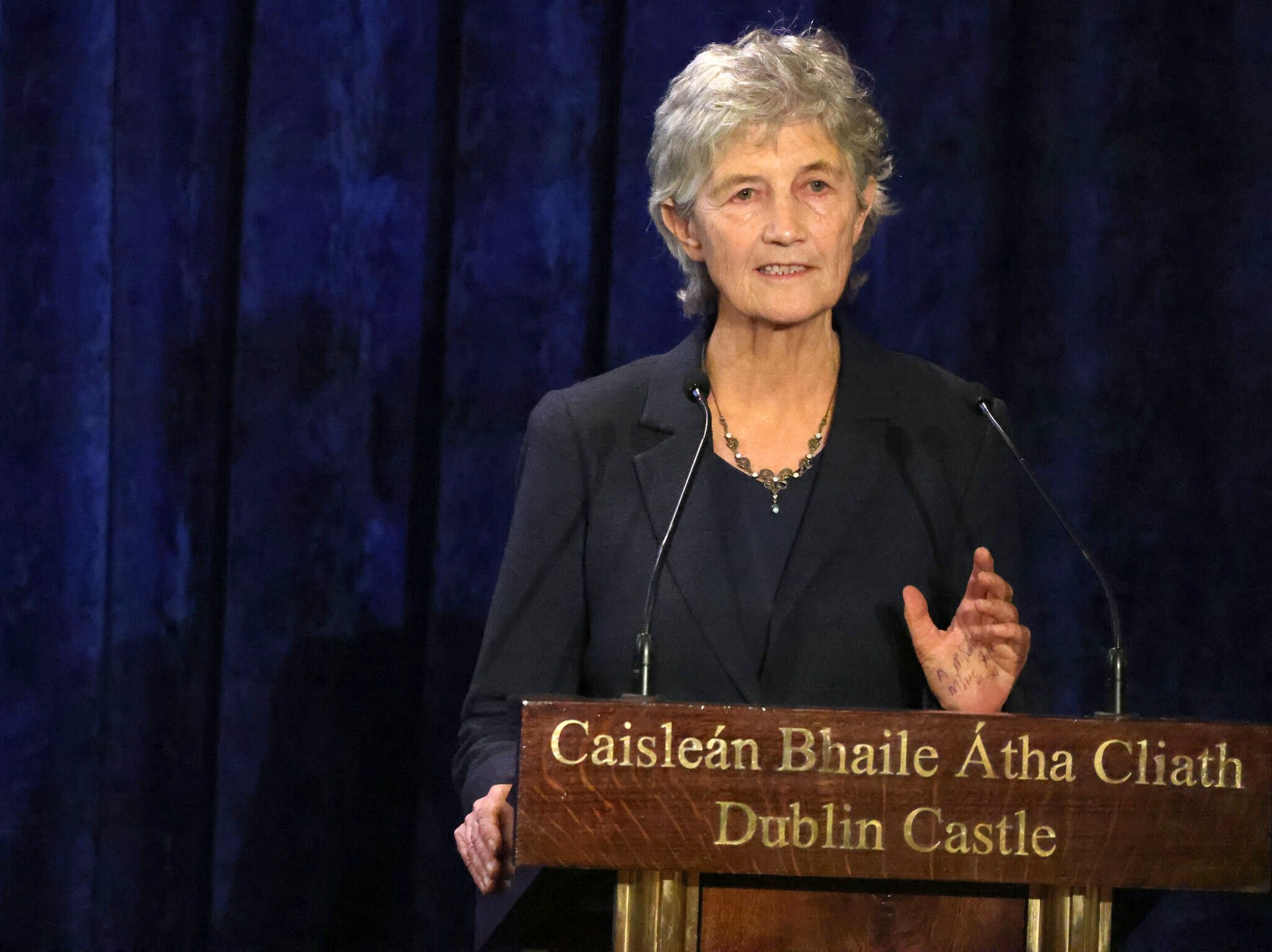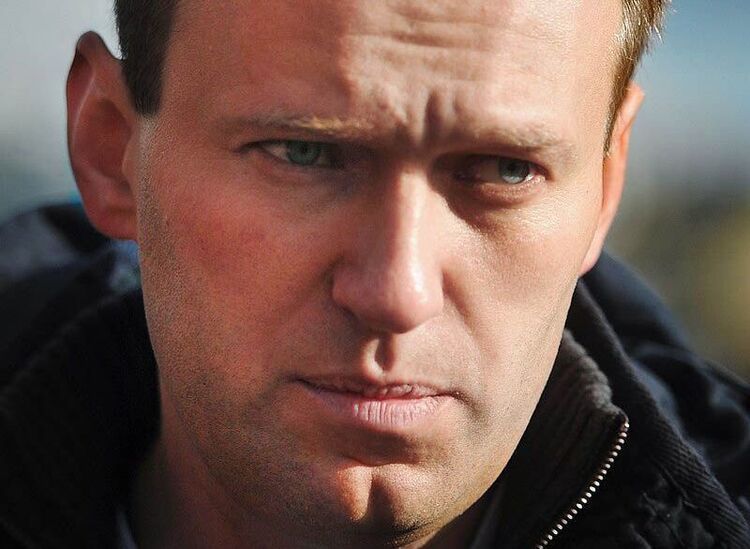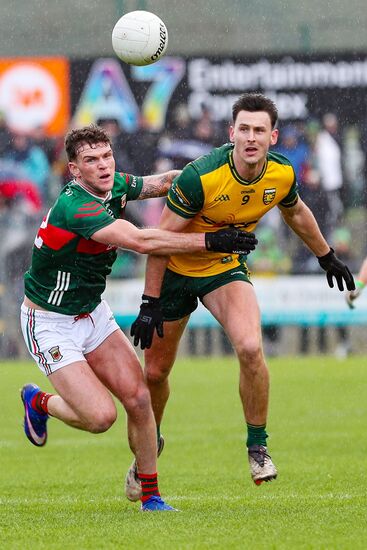Catherine Connolly is a double T president.
She is the tenth president of Ireland and the third woman to hold the office.
That office was first occupied by Douglas Hyde. Hyde was followed by Seán T. O'Kelly, Éamon de Valera, Erskine Childers, Cearbhall Ó Dálaigh, Patrick Hillery, Mary Robinson, Mary McAleese and Michael D. Higgins.
President-elect Connolly is in distinguished company and she is about to take up a job that has been considerably enhanced in national and international profile thanks in particular to her three immediate predecessors.
But the office of the presidency seems to have taken something of a hit in the election just concluded. This is what the Irish Times came up with in a general assessment.
"After all the debates, canvassing and opinion polls, the result in the presidential election was as expected and, at the same time, remarkable.
Independent TD Catherine Connolly romped home, winning 63 per cent of the vote, more than double the 29 per cent of her Fine Gael rival Heather Humphreys.
"The polls predicted the winner but the margin was stunning. Fianna Fáil candidate Jim Gavin, whose name remained on the ballot paper, took 7 per cent, his party’s worst election performance.
"And then there were the surprises. Turnout was higher than expected at 46 per cent, exceeding the 2018 presidential election, apparently driven in part by a successful campaign to encourage people to turn out to spoil their votes.
"More than 213,000 people did so - spoiled votes came in at almost 13 per cent - multiples of the usual level, as huge numbers of voters expressed dissatisfaction at the limited choice of candidates on the ballot and the nature of the campaign.
"Just 1 per cent of votes were spoiled in the 2018 presidential election. The fallout from this result will reverberate for a considerable time.
"Aside from Connolly, the clear winners from this election are the parties of the left. People Before Profit and the Social Democrats were part of the original Team Connolly and Labour leader Ivana Bacik pushed through her view that the party had to back Connolly against some strong opposition.
"As political editor Pat Leahy writes, after a summer of indecision, Sinn Féin leader Mary Lou McDonald 'threw her party’s considerable campaigning weight behind Connolly.
McDonald turned weakness into victory – that is what talented politicians do”.
“Sinn Féin’s declaration for Connolly turned into one of the turning points of the campaign. The broad left has been significantly strengthened – and Sinn Féin is the leader of the left.”
"It is not hard to spot the losers.
"For Fianna Fáil and Fine Gael this campaign and result has brought nothing but problems. Leahy describes it as the 'greatest misjudgement of Micheál Martin’s leadership. That cannot be without consequences.'
"Fine Gael is a big loser too. While not as spectacular a failure as its Government partners 'it’s an awful day for leader Simon Harris and his party”, writes Leahy.
"A standout from the result was the extent to which those advocating for people to spoil their votes succeeded. “They did not have a single message – beyond being unhappy with the choice of candidate offered to them – but taken together they are a minority that cannot be ignored,” writes Leahy.
"As for the future, it remains to be seen how Connolly transitions from candidate to president. "Leahy writes: 'Will she be able to promote her ideas and principles – the desire for a ‘new Republic’ that animated her campaign – in a way that avoids conflict with the Government?
Or is a new chapter in the presidency about to be written?
That is for the future.
For now, she can savour a famous victory.'"
There is an absence in this assessment. The absence is any reference to the enormous number of potentially eligible voters who did not have even a chance to spoil their vote.
Once again an Irish presidential election has passed into the history books with those in Northern Ireland, and those in the U.S. and elsewhere around the world - members of the much vaunted diaspora - being reduced to the status of mere spectators.
A turnout of 46 percent was described as being higher than expected.
Well, it was a lot lower than it could have been if there were votes for the Irish in the North and overseas. Back in 1997, Fianna Fáil, in its election manifesto, promised votes for the diaspora in all elections.
It was so much blah blah. We wish Catherine Connolly every success in her presidential term.
But, hopefully, the thought will cross her mind at some point that there are many who might have voted for her in 2025 but who could not.
She does not have the power to change this situation. But she can certainly raise the issue with those who do hold power.








